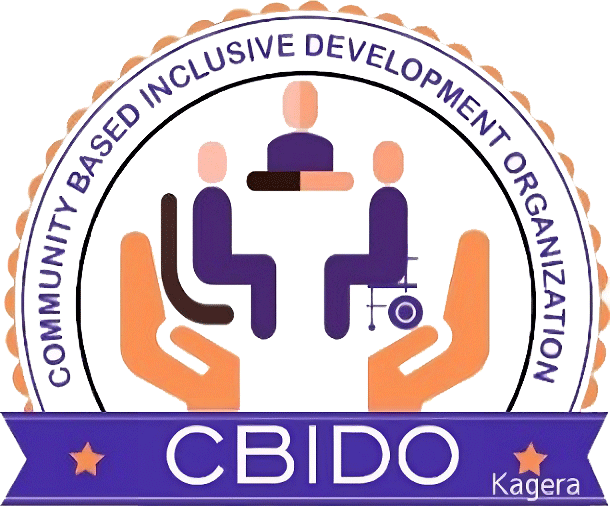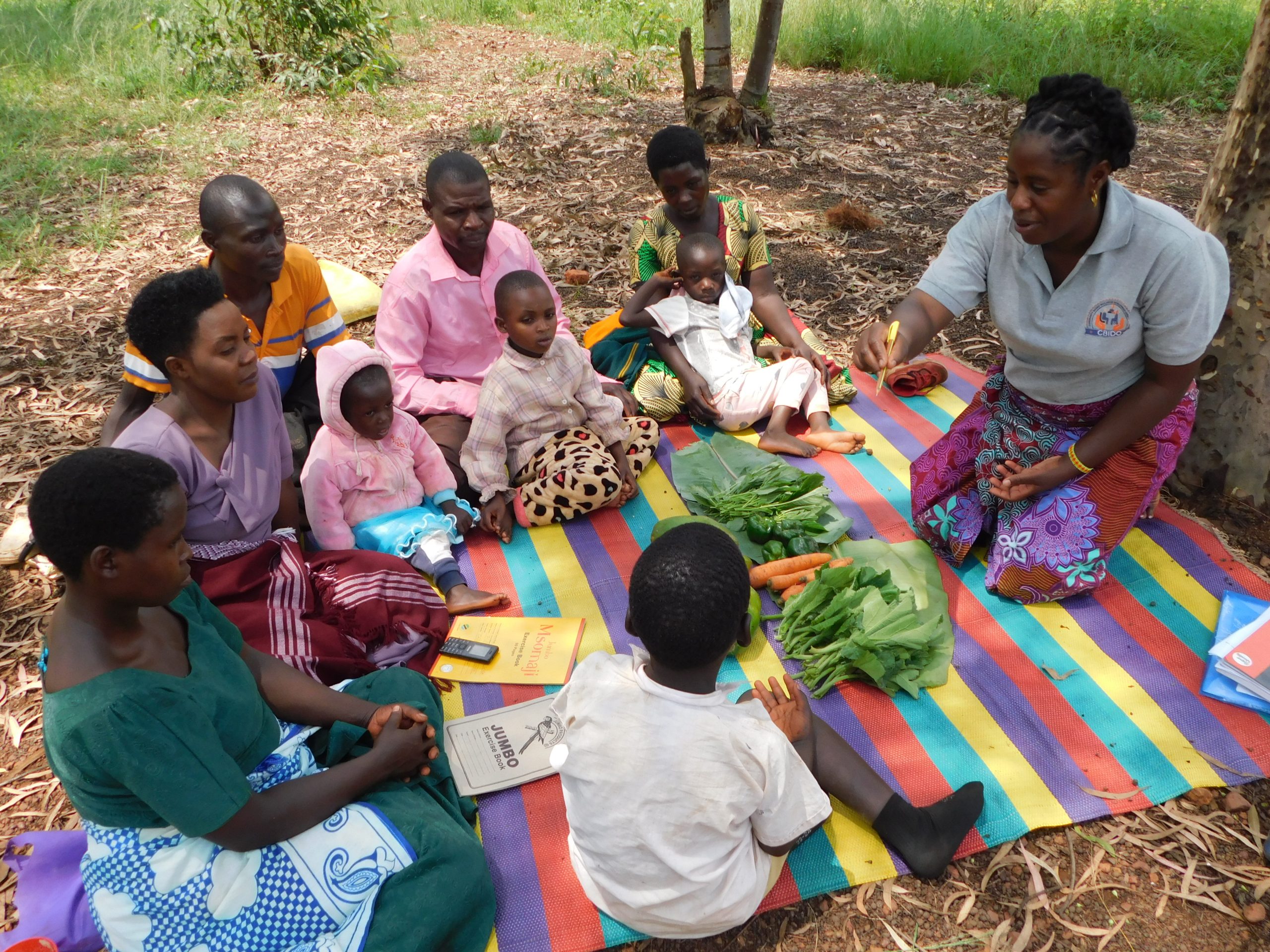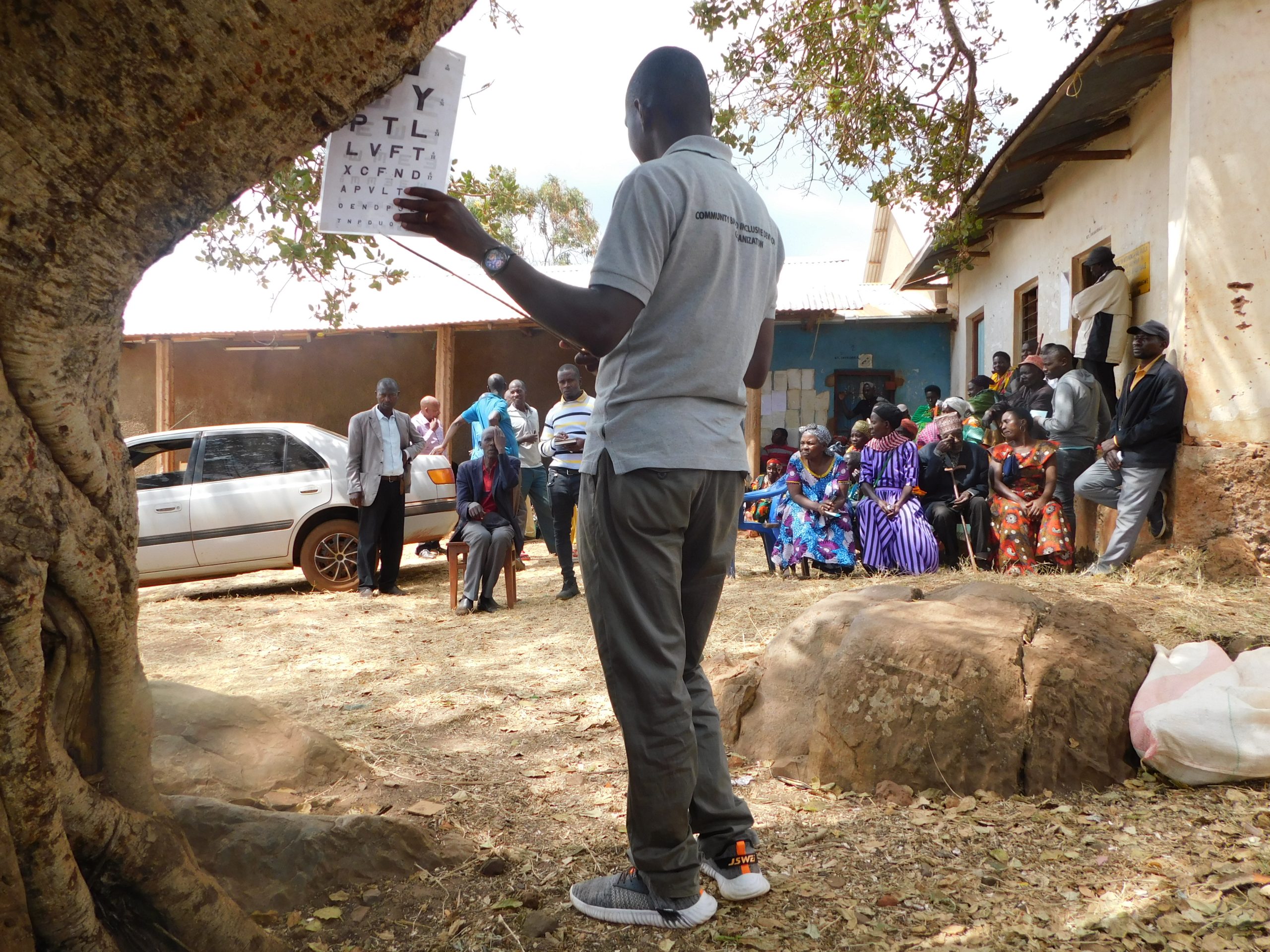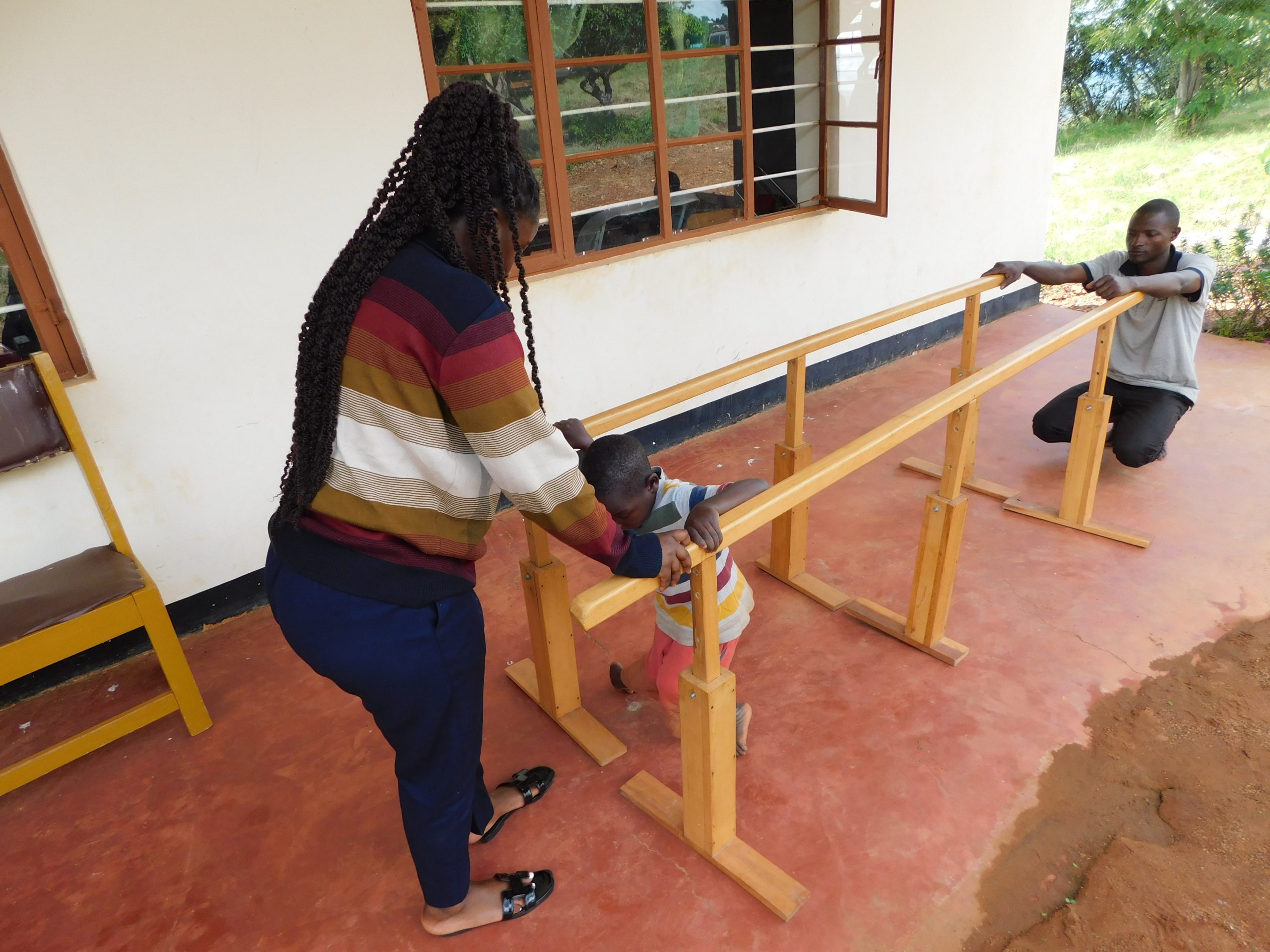Health and Rehabilitation
Health and Rehabilitation
Objective: To create awareness to the communities related to disabilities for prevention strategies while supporting for promotion of persons with disabilities through assistive devices and rehabilitation (therapies, treatment and operations to improve their disability conditions.
Under health and rehabilitation interventions and activities are focusing on the following main areas.
- Prevention (see DPRS)
- Rehabilitation (Therapies, referrals, operations, assistive devices, parental trainings )
- Habitation (Psychosocial support to families living with child(n) with disabilities, through home visiting, economic empowerment, etc)
Health interventions
Both CBR Facilitators and Village Rehabilitation Workers (VRWs) from their respective zones and villages are visiting families living with child with disabilities for setting, individual rehabilitation plan for each child, follow-up on plan made, early identifications, referrals, prescribe, make and repair local assistive devices and offer simple physiotherapy at home. During the home visiting process facilitators and VRWs are able to assess how the families are meeting the set plans, and prepare the family for exit plan as per set criteria. It is also at this stage field personnel are building parents psychologically, planning for parental training, intensive therapies or any activity that could lead the family together to achieve the goals per individual assessment plans and ready for exit. The number of visit per child depends on the individual rehabilitation plan/assessment. We have around 1200 children shared over 20 program villages.
VRW’s work 2 days a week, one day with facilitator conducting short meeting mainly on awareness raising in the community (eg health centres) and one day visiting the beneficiaries at their homes.
Facilitators work 4 days; 3 days home visits with VRWs and make sure 1 day within a week do awareness raising on prevention of disabilities, specifically to pregnant mothers and other community members through public meetings.
These are special gatherings whereby community members, both with and without disabilities are gathering at one point to say at health centre, Village office(s) or any other public building to meet with facilitators, Village Rehabilitation workers, specialists depending on the programme village need such as optician, Physiotherapist, ,psychiatric nurse, mainly for awareness creation on various issues related to disabilities, for prevention, conducting simple therapies, making follow ups according to individual plans and assessment, optical services, spectacles ,referral provision to clients to attend both at CBIDO and KCBRP rehabilitation Centre, and other health facilities, prescription of assistive devices, and if during the home visiting time VRW or Facilitator meet a very complex case(s) this is good time for the team to make right decision since there are multi-disciplinary teams. Chief field officer collaborate with Zone Facilitator and VRW to organize the clinics, as per the annual plan. CBIDO is planning to conduct 24 outreach clinics in all programme villages per year
This includes physiotherapy, occupational therapy, speech therapy, nutritional therapy and psychotherapy and it is done to children with potential of improving depending on the stages of their progresses , such as sitting, crawling, walking standing, malnutrition, speech and other who have been discharged from referral hospitals such as Kagondo, Bugando, Mugana, Nyakahanga, Murgwanza, just to mention few, when discharged from hospitals they are with discharge form that explicitly shows what have been done to their conditions, what kind of rehabilitation should continue with so as to help beneficiary to improve the condition. This is always done for the main two purposes one being helping children to improve, another being training parents and care givers some relevant simple therapies that will keep doing with their child at home so as to improve and help to realise their potentials. CBIDO is planning to conduct one session monthly comprising 5 to 10 children and their parents/care givers, and one session will be for a minimum of 5 days depending on the individual child needs and severity.
It will be conducted using KCBRP rehabilitation centre facilities, parents will contribute/bring food and other costs will be covered by CBIDO, the frequencies of doing these trainings may increase in terms of number of sessions from one per month up to full time (constantly).
Children who are identified in the villages through Village rehabilitation workers, Zone facilitators, health practitioners, religious leaders, government leaders, with disability conditions that can be rehabilitated through surgery and therapies are referred to referral hospitals such as Nyakahanga, Murgwanza, Kagondo, Bugando, Mugaan, KCMC, Muhimbili, Ocean Road, CCBRT, Ruhalo Uganda, they are provided with transport costs, operations costs, hospital upkeeps, where they ought to cost share for 40% for each services they receive from CBIDO and this is the policy for all kind of services not only for operations, however the big challenge is most parents are not able to meet 40% since the basic cost are high. Currently CBIDO is planning to support 120 children under this areas, however the number may increase as we will cooperate with other partners such as AMREF who will subsidize costs of some clients, but also when other clients with some conditions which are rehabilitated at low cost or for free of charge will help CBIDO to cater for the needs of many children with disabilities than planned, further to it will depend on the availability of funds from other sources than the current income. CBR facilitators are accompanying clients to Kagondo hospital quarterly.
The physiotherapy is done both in our centre as well as in the programme villages, the physiotherapist will continue attending children with disabilities who are coming at the centre for further expertise, will continue providing with them the right referrals depending with their disability conditions, prescribing appropriate devices and make fitting and repair to ensure the devices help a child to improve, will also work with both zone facilitators and village rehabilitation workers for further expertise to complicated cases improving their ability for provide effective and right interventions to clients. And counselling to parents with children with disabilities. These services are provided for every two weeks in the moth since other two weeks the physiotherapist will be working for both intensive trainings and practical parental trainings to both Parents and Village rehabilitation workers.
During rehabilitation process, assistive devices are very vital part of the process, they are important in positioning of children with neo-logical Disorders, helping in improving conditions and straitening muscles to children, prescription of the appropriated local assistive devices are done by VRWs in collaboration with zone facilitators, for those complicated cases they are referred to physiotherapist to make appropriate prescription and ask carpenter to make as per requirements. Currently CBIDO will work closely with government to lobby for provision of imported devices to especially children at schools so as the beneficiary could increase from the current proposed number due to budgetary issues. The following activities will be done by CBIDO regarding this important intervention.
• Repairing already provided assistive devices to ensure they are working properly.
• Making and fitting new assistive devices to children and youngsters with disabilities
• Lobbying the government for provision of imported assistive devices to reduce costs
• Teaching both parents and siblings on making simple but useful devices to children with disabilities while they are at home during home visits.
• Teaching both parents and children with disabilities on the use of provided devices in order to help improve their conditions.
The working experiences shows that most families living with children with disabilities are spending a lot of money in covering for the health and treatment expenses to their children both with or without disabilities in health facilities and hospitals, it has been very expensive to the extent some families are not even able to meet these costs, where the experience shows children with disabilities are the most affected comparing with those without disabilities, currently CBIDO will in collaboration with families will support for insurance in order to help families assurance of treatment throughout the year. According to the directives and regulations regarding this social scheme, there is district coordinator who are responsible for coordinating, at CBIDO chief field officer will coordinate this programme in coordination with district coordinators, where Village Rehabilitation workers in collaboration with their zone facilitators will work closely with families, according to the plans every family to benefit from this scheme has to contribute 10,000, while CBIDO will cover for 20,000 ,this insurance will work to all government health facilities.
CBIDO is supporting for this scheme, so that families are able to use the money which has been used for treatment costs to other family, needs that entails to improve the conditions at individual child with disabilities and at the whole family level, it is assumed that the served money could help in the following, getting nutritious food staffs, transport for attending rehabilitation programmes such as parental trainings, intensive therapies, covering costs for operation to conditions that are not covered by CHF, cost sharing for assistive devices.
Since 2020 we have added occupational therapy next to physio therapy, due to the high need of applied exercises and therapy to improve the daily life skills of children with a disability to be able to dress themselves, toilet, wash, put on their clothes, eat, etc. This also relieves some work from the parents/caregivers.
Next to the two mentioned before also counselling was added in 2020, because of a high need for both group and individual counselling. Most parents do not accept the fact their child has a disability or are embarrassed and hide the child for the outside world. Through counselling they can learn to accept the way their child is and be able to love and care in the best way possible for all their children. Also group counselling is done through support groups where parents meet other parents with similar experiences. The counsellor also does reproductive health trainings.
Next to the two mentioned before also counselling was added in 2020, because of a high need for both group and individual counselling. Most parents do not accept the fact their child has a disability or are embarrassed and hide the child for the outside world. Through counselling they can learn to accept the way their child is and be able to love and care in the best way possible for all their children. Also group counselling is done through support groups where parents meet other parents with similar experiences. The counsellor also does reproductive health trainings.



